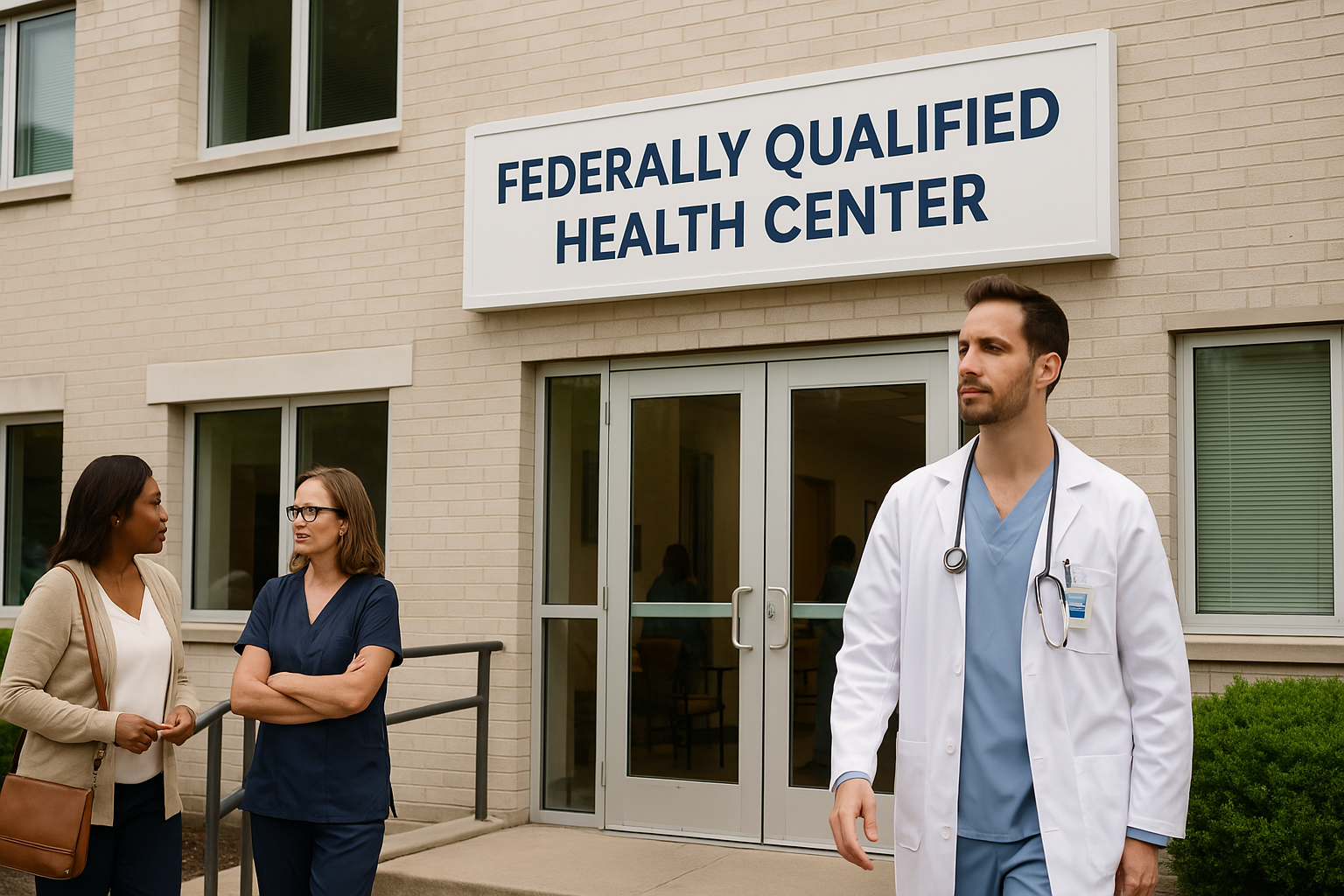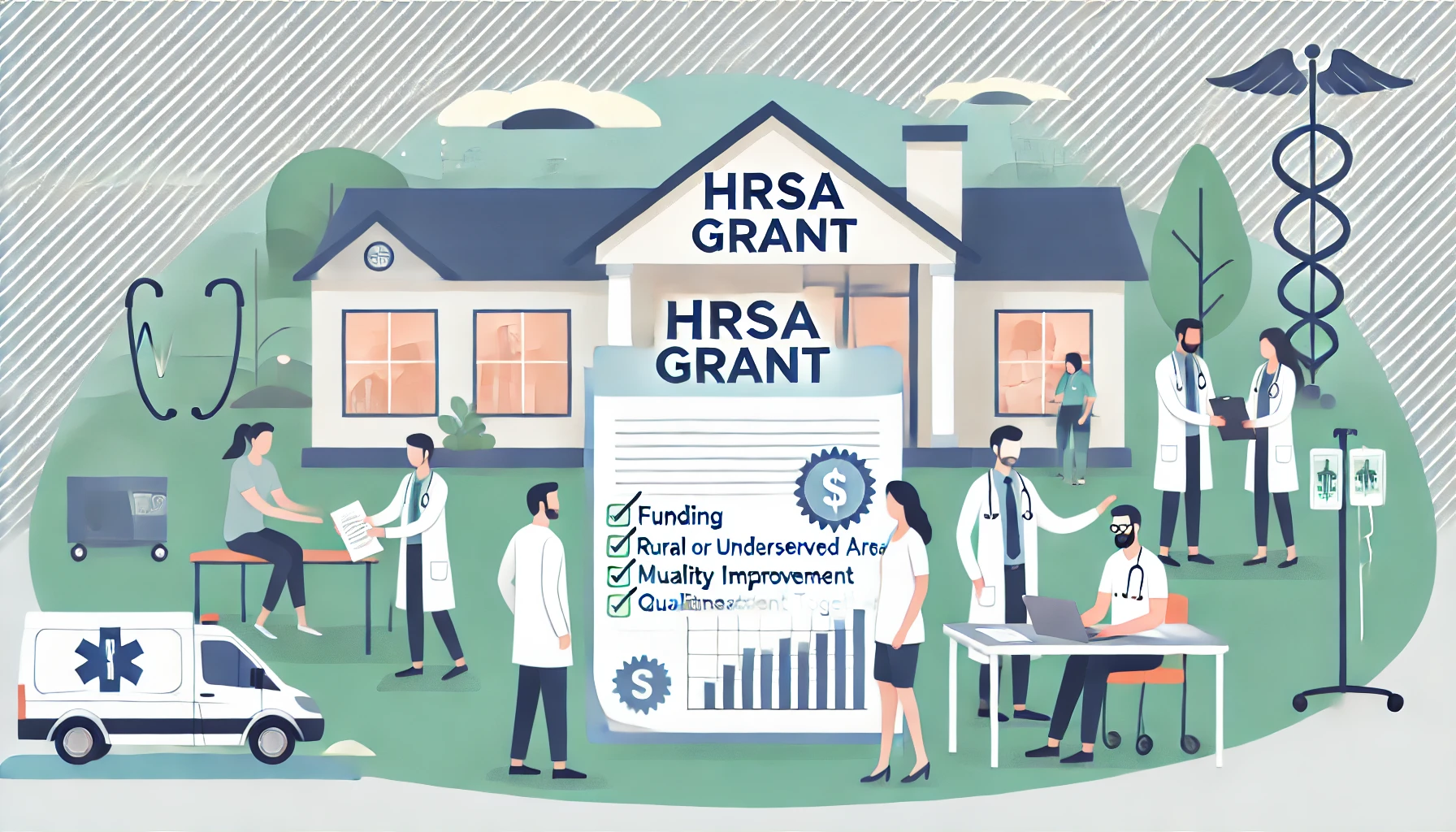
Table of Contents

January 10, 2025
SLU Secures $5 Million Grant to Enhance Geriatric Care Workforce
SLU secured a $5M HRSA grant to enhance geriatric care workforce training, tackling healthcare challenges of an aging population through education and partnerships.
SLU Secures $5 Million Grant to Enhance Geriatric Care Workforce
St. Louis University (SLU) has made headlines with a significant step forward in addressing the challenges of aging healthcare. The announcement of a $5 million grant secured from the U.S. Department of Health and Human Services’ Health Resources and Services Administration (HRSA) marks a critical development in the realm of geriatric care—a sector growing increasingly vital as the population ages. But what does this grant mean for the future of healthcare professionals specializing in geriatric care, and are we addressing the full scope of the problem? Here's a closer look at the developments from SLU, as outlined in the original announcement, and some broader questions it poses.Understanding the Geriatric Care Workforce Crisis
America's aging population is a well-documented demographic trend, with the U.S. Census Bureau projecting that by 2034, older adults will outnumber children for the first time in history. This reality underscores the need for a healthcare workforce trained to manage the unique challenges faced by older patients. From chronic diseases to cognitive impairments, geriatric patients require specialized care that many healthcare providers are not adequately equipped to deliver. SLU’s grant is part of a broader effort to close this gap. Under HRSA’s Geriatrics Workforce Enhancement Program (GWEP), the funds aim to enhance geriatric education and training across numerous disciplines. As the SLU News article notes, “This will allow the university to continue its work in improving healthcare delivery to older adults while educating the next generation of providers and caregivers.” Initiatives like these signal an effort to address a glaring supply-and-demand imbalance in geriatric healthcare professionals.The Goals of SLU’s Geriatric Care Initiative
SLU plans to use the grant funding to accomplish several key outcomes:An Aged Challenge: Significant yet Insufficient?
While SLU’s initiative is undoubtedly a step in the right direction, it’s worth pausing to consider whether $5 million, or even a concerted effort by individual institutions, is truly enough to meet the magnitude of the challenge. The projected shortage of geriatricians in the coming years has prompted many to raise alarms about systemic issues in U.S. healthcare. According to the American Geriatrics Society, the nation will need more than 33,000 geriatricians by 2050 to care for its older population. Currently, the workforce numbers fall staggeringly short of this target. Moreover, while SLU’s program will educate a new generation of healthcare workers, it’s unclear how much of this training will result in professionals who choose geriatrics as their lifelong specialty. For many medical students, the road to becoming a geriatrician is not enticing due to lower compensation compared to other specialties and the emotional toll often associated with end-of-life care. Meanwhile, another concern resides in how the grant initiatives address inequality in access to care. While SLU’s projects aim to engage underserved communities, questions remain about whether localized efforts like these can scale to meet national inequities. Could this initiative serve as a replicable model for other institutions?Broadening the Scope: Are Institutions Doing Enough?
Another area worth pondering is whether academic institutions, despite grants like this, are doing enough to prepare for the future of geriatric care. Some have proposed systemic changes that extend beyond education and training programs, such as:The Role of Caregivers and Community Partnerships
A noticeably refreshing aspect of SLU’s initiative is its recognition of caregivers as integral to the geriatric care ecosystem. Caregivers—often unpaid family members—shoulder an enormous burden in the daily lives of older individuals. According to SLU, their programs will include outreach and education for caregivers, which illustrates a growing awareness of their role in successful healthcare outcomes. Community partnerships also play a pivotal role in SLU’s planned efforts. Through collaborations with long-term care facilities and local organizations, the training students receive draws closer to real-world challenges. Though promising, such engagements raise questions about sustainability and scalability: What happens after the grant period ends?Final Thoughts: Progress, but Are Fundamental Issues Being Addressed?
There is no doubt that SLU’s $5 million geriatric grant is a win for the university, the local healthcare ecosystem, and the aging population it seeks to serve. As stated in the original article, “These types of investments are critical as we prepare for the healthcare needs of a rapidly aging society.” However, the grant also serves as a magnifying lens for larger, more systemic issues. The geriatric care workforce gap is far from being bridged, and SLU’s initiative—while laudable—represents just one piece of a much larger puzzle. From policy changes to innovative technology, new approaches must complement academic efforts to address the monumental challenges ahead. For readers, this development at SLU provides a platform to consider the broader implications: Are we, as a society, truly prepared for the gray tsunami on the horizon? And just as importantly, who will step up next to propel this critical conversation forward? For more details on SLU's groundbreaking initiative, you can read the original article here.Thank you! Your submission has been received!
Oops! Something went wrong while submitting the form.

Why Every Hospital Needs a Quality and Patient Safety Program
Every hospital needs a quality and patient safety program to reduce harm, improve care, and foster a culture of accountability.
Read More
.png)
.png)
April 16, 2025

HRSA FQHC Requirements: A Comprehensive Guide for Healthcare Providers
When it comes to federally qualified health center requirements, there’s no shortage of regulations, expectations, and—depending on your perspective—opportunities.
Read More
.png)
.png)
April 7, 2025

Unlocking Funding: A Guide to Health Resources and Services Administration (HRSA) Grants
Use HRSA grants to fund external peer review programs that enhance care quality, reduce bias, and support compliance in health centers.
Read More
.png)
.png)
March 24, 2025



.png)
.png)
.png)






.png)